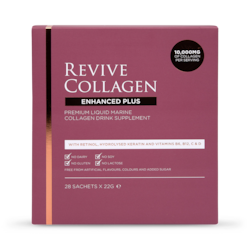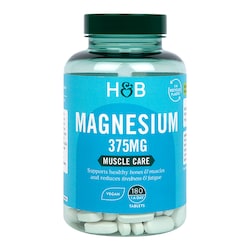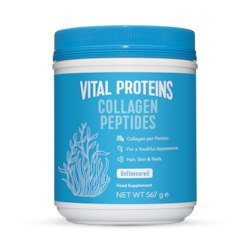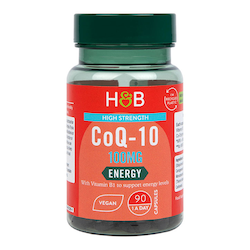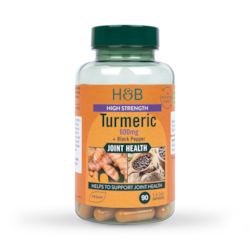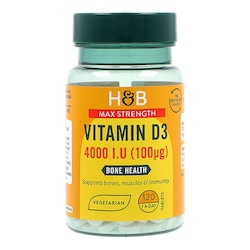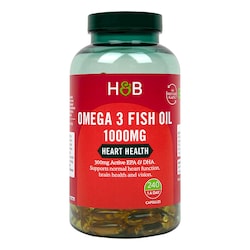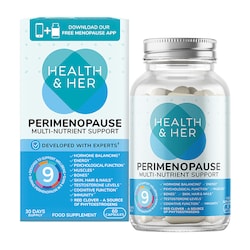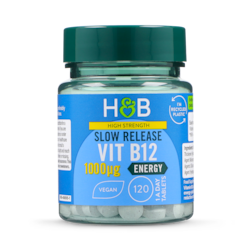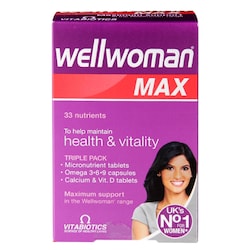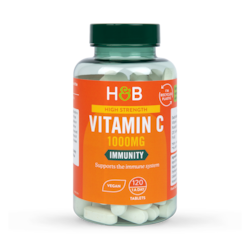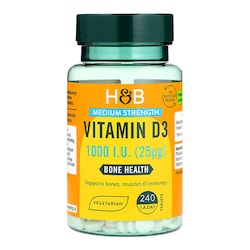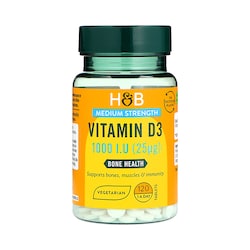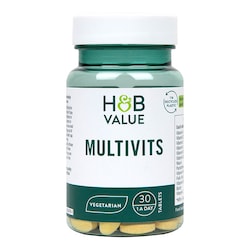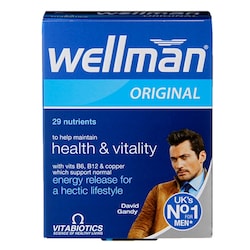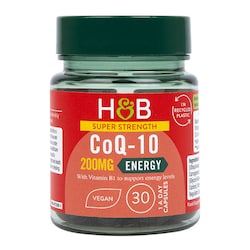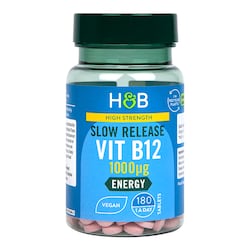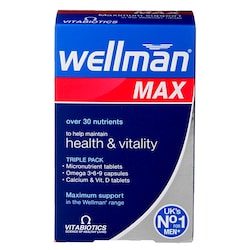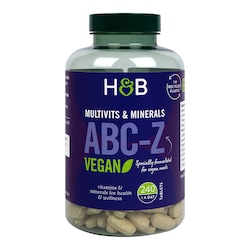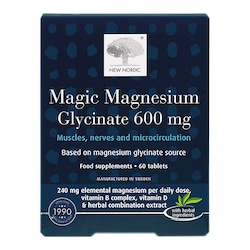20% off £30
Code:QUICK
The health benefits of lycopene

Wondering what the health benefits of lycopene are? Get the low down on all you need to know here.
Summary
1What is lycopene?
Lycopene is a type of carotenoid – a class of 750+ naturally occurring pigments found in plants, algae and some types of bacteria...
2What does lycopene do?
Lycopene has been extensively researched for over 70 years, with over 2000 articles published in peer-reviewed journals and countless publications...
3What are the benefits of lycopene?
Here are some of the research-backed potential benefits of lycopene: Could support prostate health, reduce cardiovascular disease risk, help reduce...
What is lycopene?
What is lycopene?
Lycopene is a type of carotenoid – a class of 750+ naturally occurring pigments found in plants, algae and some types of bacteria.
These carotenoids are vividly coloured and provide the colours of some of our favourite fruits and vegetables, especially the yellow, orange and red ones.1
What does lycopene do?
Lycopene has been extensively researched for over 70 years, with over 2000 articles published in peer-reviewed journals and countless other publications.3
Most of the studies focus on lycopene derived from tomatoes, as they are the most popular source.
Beta-carotene (that makes carrots orange!) and lycopene are the most abundant carotenoids in human blood and tissues.4

All carotenoids have antioxidant properties, but lycopene has been shown to be one of the most (if not the most powerful at helping to reduce the oxidative damage caused by free radicals.5
Lycopene’s antioxidant properties are thought to be responsible for its reported health benefits – which we will get on to next!
What are the benefits of lycopene?
Here are some of the research-backed potential benefits of lycopene:
Lycopene has been seen to help support prostate health in a variety of ways.
It may help to reduce the risk of benign prostatic hyperplasia (BPH) – an age-related, non-cancerous overgrowth of the prostate gland that negatively affects men’s health.
A group of researchers observed men who were given a placebo in the Prostate Cancer Prevention Trial and who were free of BPH at the start of the study.
They found that there was an 18% reduction in BPH risk in men who consumed the most lycopene in food or supplements.6
Cardiovascular disease (CVD) is one of the leading causes of death and disability in the UK, but it can often largely be prevented by living a healthy lifestyle.7
Increased blood levels of lycopene have been associated with a reduced CVD risk.
One study of 38,445 women found that the more tomato-based products they ate the lower their risk of CVD was.8
Other studies found that lycopene may reduce cholesterol synthesis and help the body degrade LDL (the ‘bad' cholesterol). High cholesterol is one of the main causes of CVD.
Lycopene is present in fruits and vegetables to protect them from harm from the sun, but can this help us too? Maybe.
A small study of 19 healthy people found that lycopene could help to reduce the severity of sunburn.
Nine individuals were given tomato paste (16mg lycopene) and olive oil every day for 10 weeks while the control group of 10 people just consumed olive oil.
At the beginning of the study and week 10, the subjects were exposed to a solar simulator and their skin redness was monitored.
The results revealed that those consuming lycopene-rich tomato paste and olive oil had a 32% reduction in skin redness, and an average of 40% reduction in redness compared to the control group.9
However, more human studies are needed to determine if there is a legitimate link.
A small study followed 20 individuals with signs of gingivitis – a mild form of gum disease that causes redness, irritation and swelling in your gums around the base of your teeth.
The treatment group of 10 people were given an 8mg lycopene supplement every day, whereas the control group received a placebo.
Results showed that participants taking the lycopene supplement showed significant reductions in gingivitis symptoms and bleeding.10
However, more human studies are needed to determine if there is a legitimate link.
Low levels of lycopene have been associated with an increased risk of developing psychiatric disorders.
One observational study found that people who had attempted suicide generally had lower levels of antioxidants, vitamins and carotenoids like lycopene in their blood when compared to people who had not attempted suicide.
You also asked...
Beta-carotene is associated with improved eyesight – which is why you sometimes hear people say carrots help you see better in the dark!
As lycopene is very similar and has equally potent antioxidant properties to beta-carotene, it may also help to keep your eyes healthy.
However, we need to see some studies first to determine if the same link between eye health and lycopene exists.
There is no current evidence that suggests that lycopene can cause or help prevent spots and breakouts.
However, it is a potent antioxidant, and other strong antioxidants like vitamin C and vitamin E have been linked to skin health, so it could help support healthy skin.
Potentially! Some studies have found that getting enough lycopene every day can support (and even improve) sperm quality.
- https://lpi.oregonstate.edu/mic/dietary-factors/phytochemicals/carotenoids#:~:text=Carotenoids%20are%20a%20class%20of,found%20in%20the%20human%20diet
- https://www.ncbi.nlm.nih.gov/pmc/articles/PMC3850026/
- https://www.ncbi.nlm.nih.gov/pmc/articles/PMC3850026/
- https://pubmed.ncbi.nlm.nih.gov/1432255/
- https://pubmed.ncbi.nlm.nih.gov/7495226/
- https://www.ncbi.nlm.nih.gov/pmc/articles/PMC3850026/
- https://www.nhs.uk/conditions/cardiovascular-disease/
- https://www.ncbi.nlm.nih.gov/pmc/articles/PMC3850026/
- https://pubmed.ncbi.nlm.nih.gov/11340098/
- https://pubmed.ncbi.nlm.nih.gov/18173095/
The advice in this article is for information only and should not replace medical care. Please check with your GP or healthcare professional before trying any supplements, treatments or remedies. Food supplements must not be used as a substitute for a varied and balanced diet and a healthy lifestyle.
Last updated: 22 September 2021


